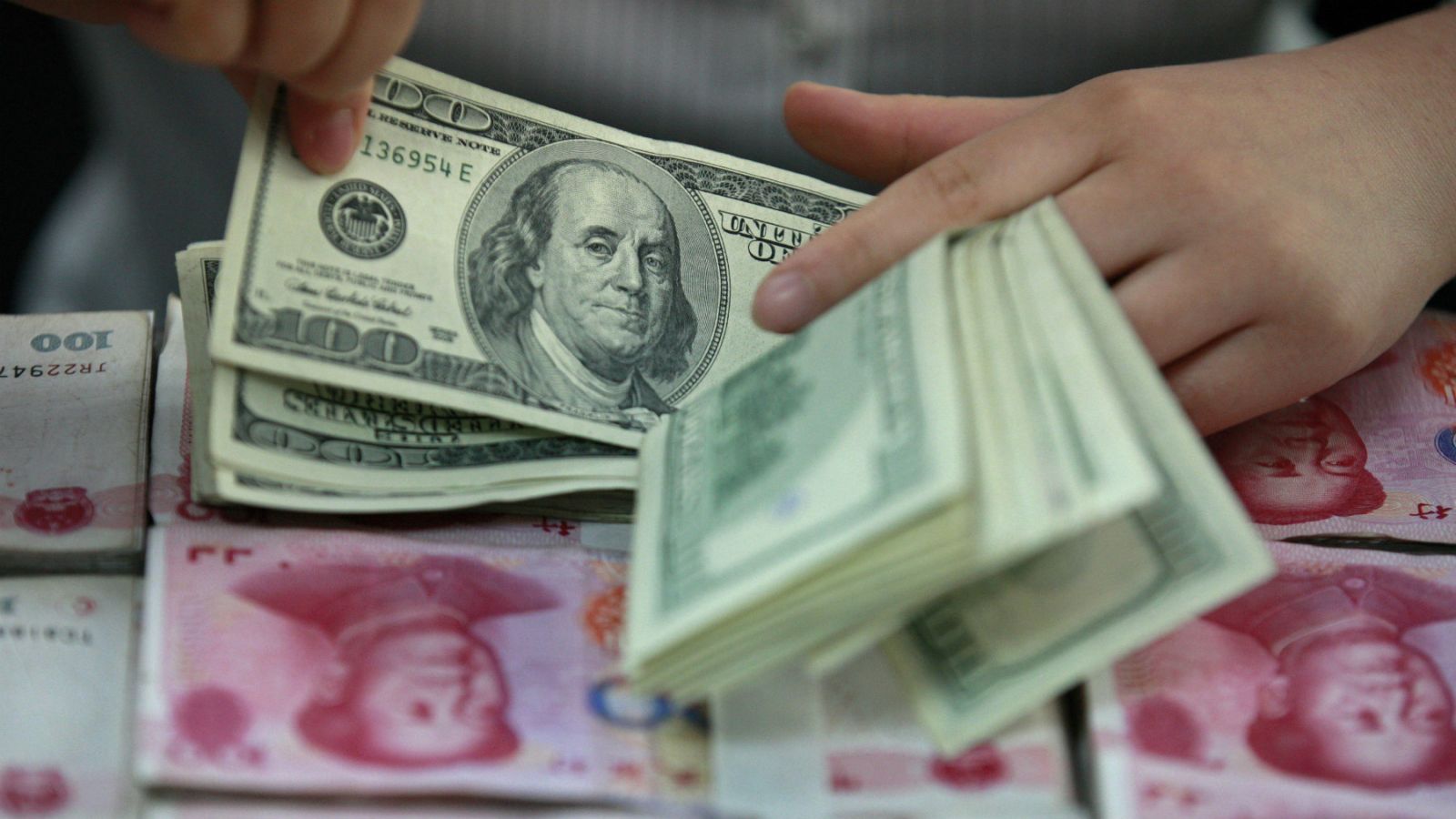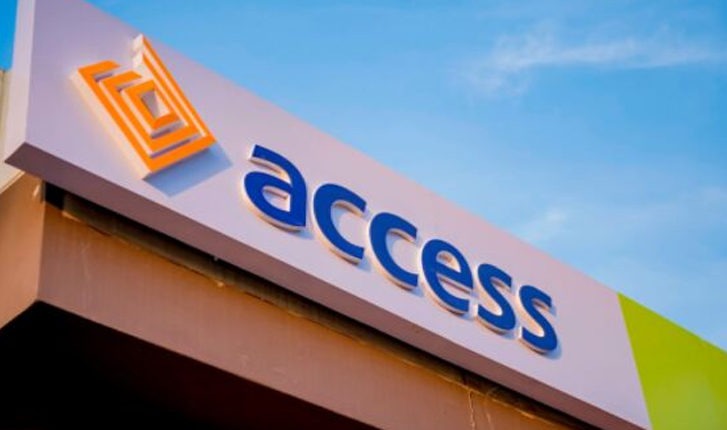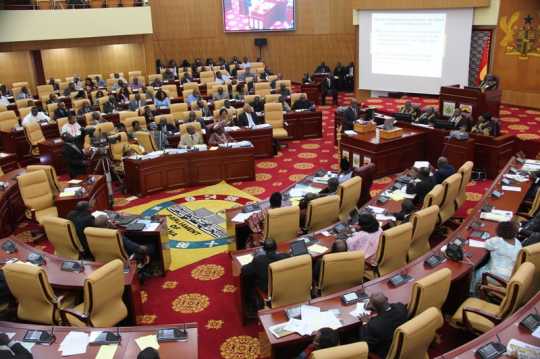- $7b Forex Window: CBN Automates Import Process
Thrilled by the inflow of over $7 billion into the economy in nearly five months via the Investors’ & Exporters’ Forex Window (I&E), the Central Bank of Nigeria (CBN) has instructed banks and other authorized dealers to implement electronic Certificate of Capital Importation (eCCI) for foreign investors.
The Certificate of Capital Importation is given to foreign investors to confirm the level of investment they have brought into the country. The certificate has always been on hard copy until this policy shift.
The eCCI implementation, which takes effect tomorrow, is expected to boost transparency and enhance confidence of foreign investors in the local market. The foreign investors constitute about 70 per cent of the total transaction turnover in the capital market.
The eCCI would enable foreign investors to easily find out the status of their investments in the country, increase transaction efficiency and ensure that investors get adequate returns on their investments.
In a circular to all authorised dealers, CBN Director, Trade and Exchange Department, W.D. Gotring, said: “In a bid to enhance transparency and efficient processing of foreign investment flows to the country, the CBN informed all authorized dealers and the public of the deployment of electronic Certificate of Capital Importation (eCCI) platform”.
Continuing, he said the eCCI shall replace the hard copy of CCI normally issued in respect of all capital inflows either in form of cash or machinery/ equipment.
“The policy, takes effect from tomorrow, meaning that from this date, processing of all Certificate of Capital Importation in Nigeria shall only be done electronically on the eCCI platform,” he added.
Head of Treasuries at Ecobank Nigeria, Olakunle Ezun, said the volume of capital inflows is likely to rise with the coming of eCCI, which is expected to cut off all processing bureaucracies that discourage investors.
He explained that before now, the CBN had appointed the Financial Market Dealers Association (FMDA) as the sole issuer of certificate of capital importation. He said the banks buy booklets of Certificate of Capital Importation from FMDA and issue them to foreign investors. The Certificate of Capital Importation, Ezun added, allows the foreign investors to buy dollar at the official rate when they are repatriating their profits or exiting the economy.
“If any bank has a customer that brought dollar into the economy, such bank gets the CCI from FMDA and issues it to the customer. It helps the customer to access dollar from official rate official rate when he is exiting the economy,” Ezun said.
He said that the eCCI will take the market to the next level because the transactions are available for everybody to see.
The Nigerian Bureau of Statistics (NBS) capital importation report for the country for the first quarter of this year showed that the country recorded $908 million capital importation in the first quarter ended March this year.
But the figure rose rapidly after the CBN introduced the I &E FX Window in April 21, 2017. The window, also called, willing-buyer willing-seller forex window allows foreign investors to bring dollars into the economy at a rate of their choice, provided they can find buyers at such rate.
The capital importation report for the first quarter also showed that of the 36 states in the country and the Federal Capital Territory, Abuja, Lagos, Akwa-Ibom, Abuja, Ogun, Oyo and Rivers states attracted the interest of foreign investors.
They enjoyed the $908.268 million that came into the country in the first three months of the year as capital importation. Lagos State accounted for 95 per cent of the capital that came into the country in the first quarter of the year.
A total of $865.718 million had flowed into the state which houses the stock market Nigeria Stock Exchange and the head offices of the commercial banks as well as the telecoms companies in the country.
Foreign investors also put in $18.361 million into one of the tourism hubs in the country, Akwa-Ibom, while there was an inflow of capital importation of $14.867 million into the seat of Federal Government, FCT, Abuja.
Up-coming industrial hub, Ogun state also had a capital importation of $5.351, while Oyo and Rivers states recorded capital inflow from outside the country in the first three months of the year, totaling $3.419 million and $550,000 respectively.
The total value of capital imported into the country in the first quarter according to data released by the National Bureau of Statistics was put at $908.268 million, a 27.75 per cent improvement when compared to the volume of capital imported into the country in the first quarter of 2016.
The amount that came in was however 41.36 per cent smaller than the value of capital imported in the previous quarter, and was the second lowest value recorded since 2007, although the NBS said it was yet to include in the data the amount involved in a high-profile sale of local bonds which was held in the first quarter due to a lag between subscription and actual payment.
Meanwhile, the origin of the capital imported showed that the largest capital came from the United Kingdom which accounted for $302.47 million, representing 33.5 per cent of the total capital imported into Nigeria in the first quarter of the year. This was a 37.36 per cent decline compared to the amount that came in from the country in the last quarter of 2016.


 Billionaire Watch4 weeks ago
Billionaire Watch4 weeks ago


 Naira4 weeks ago
Naira4 weeks ago


 Naira3 weeks ago
Naira3 weeks ago




 Naira3 weeks ago
Naira3 weeks ago




 Naira3 weeks ago
Naira3 weeks ago




 Naira2 weeks ago
Naira2 weeks ago
 Commodities3 weeks ago
Commodities3 weeks ago


 Sport Business4 weeks ago
Sport Business4 weeks ago



















